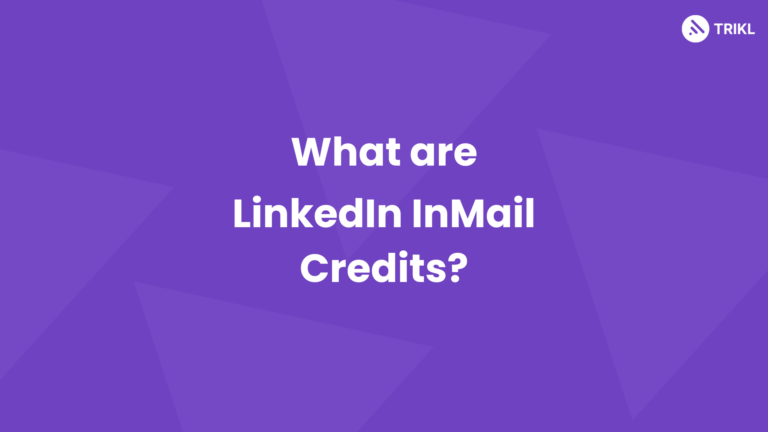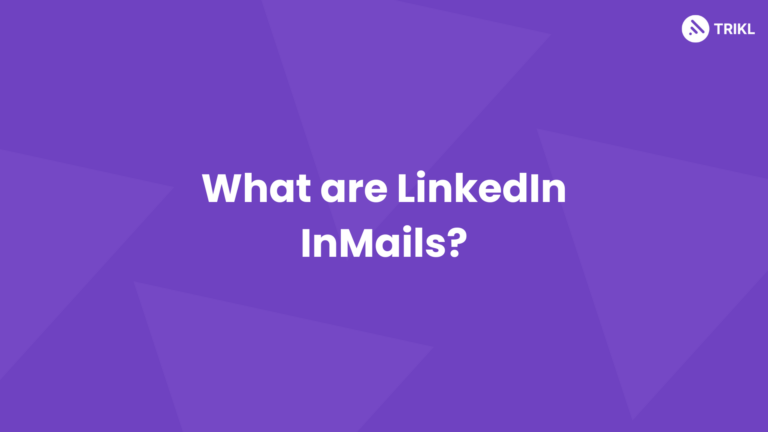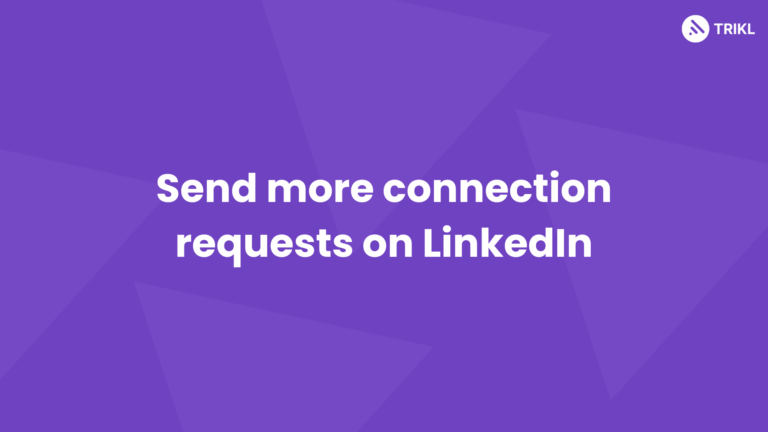I. Introduction
Oh, the thrilling world of startups! It’s fast-paced, it’s adventurous, and it’s chock-full of challenges. But you know the old saying, right? “Difficult roads often lead to beautiful destinations.” Startups are that one-shot chance to dream BIG and make it happen, with their unique business ideas.
Throw in the word ‘blogging’ to the mix, a concept seen as ignorable by some, and game-changing by many others. Mesh ‘startups’ and ‘blogging’ together and we’re talking about strategic dynamite ready to explode. And that, dear reader, is the juicy taco we’re going to unwrap in this article.
II. The Power of Content: Importance of Blogs for Startups
Cornerstone for Online Presence: The Role Blogs Play in Digital Footprints
First off, let’s imagine the internet as an enormous, bustling city. Your blog is like your home sweet home in this city – it’s where people find you and discover what you’re about. Thus, just like painting your house in vibrant hues and having a neat lawn raises eyebrows in the neighborhood, great blog content can seriously up your game, giving your startup an edge over rivals in this digital landscape.
Trust and Influence: How Blogs Help Establish Authority in the Market
Remember the wise old man around the block everyone turns to for advice? Consider your blog to be that wise old man. The more valuable, well-researched, and thoughtful content you put out, the more your startup will be seen as a reliable authority in your niche. Trust me, that’s a solid gold reputation to earn in the customer market.
Engaging with Community: Blogs as Forums for Interaction and Relationship Building
C’mon, who doesn’t like a hearty chat over coffee? Blogs are like a café for your community to engage and interact, fostering a loyal, tight-knit audience. Answering comments, sharing insights and sparking team spirit — now that’s something an ad or brochure can’t quite achieve.
III. Attracting Potential Investors with Blogs
Telling Your Brand’s Story: Blog as a Medium for Investor Attraction
Now, if your blog were your home, think of investors as important guests you want to impress. Your blog is an open book of your brand’s story, strategies, and growth. This not only adds credibility but also opens a warm, twinkly window for investors to see the potential in your startup.
Transparency and Updates: How Regular Blogging Keeps Investors Informed
If trust is the foundation of relationships, transparency cements it further. Consistent blogging keeps those respected guests (here’s lookin’ at you again, lovely investors) in the loop about your startup’s milestones, innovations, successes, and even challenges. It’s akin to open kitchen dining where customers see their meals being cooked. Give them that yummy assurance!
Showcasing Business Capacity: Blogs as a Proof of Resourcefulness and Diligence
Got brains? Show ’em off! Blogs can effectively display your practical wisdom, creativity, and business acumen. It’s kinda like displaying those shiny trophies on the mantlepiece. Just that, in this case, the trophies are your ideas, resourcefulness, and perseverance. Trust me, that’s certainly something to brag about.
IV. Search Engine Optimization (SEO) and Blogging
Introduction to SEO: Why it Matters to Startups
Here’s the kicker – what good is your amazing content if it’s lost in a sea of information? Here’s where the enigmatic savior, SEO, steps in. Simply put, optimizing your blog for SEO ensures your content doesn’t play a game of hide and seek with its audience on search engines. Bottom line? It amps up your visibility. Talk about playing the field right!
The Role of Blogs in SEO: Attracting Organic Traffic Through Regular Posts
Regular blogging is like feeding Google’s hungry algorithms that are constantly on the lookout for fresh, relevant content. More blogs equate to more indexed pages and more reasons for search engines to spotlight you in their search results. The result? Increased organic traffic waving at you and saying “Howdy!”
SEO Best Practices for Startups: How to Maximize Blogging Effectiveness
In the world of SEO, the mantra is “quality over quantity.” So rather than churning out a barrage of sub-par posts, focus on value-packed, keyword-optimized blogs. Also, keep an eye out for golden SEO practices, like interlinking, meta descriptions, and image alt-tags. Remember, SEO is not a destination, it’s a journey!
V. Sales Funnel and Blogs
Understanding the Sales Funnel: From Awareness to Action or Conversion
Picture this – you host a party and invite strangers (awareness), get them to dance (interest), serve them food (decision), and by the end of the night, they’re your new best friends (action). That’s exactly how a sales funnel works, moving potential customers down the pipeline of Awareness, Interest, Decision & Action (AIDA). Your blog is instrumental at each step of this journey.
Capturing Leads through Blogs: Content as a Means of Attraction and Retention
Great blogs act like bait, attracting potential fish (so to speak) and even managing to net some! Offering premium content such as eBooks, whitepapers, and free trials as lead magnets can turn blog traffic into potential customers. It’s simple; entice, enchant, and engage.
Blogs in Different Stages of Funnel: Awareness, Interest, Decision, Action
Your blogs should ideally cater to readers at different stages of the funnel. General awareness posts to attract a broad audience, in-depth pieces to captivate their interest, product posts or testimonials to reinforce their decision, and finally, CTAs to prompt action. It’s like solving a puzzle, each blog post a critical piece creating the perfect picture.
VI. Concrete Examples: Case Studies of Successful Startup Blogging
Success Story 1: How a Startup Benefited from Consistent Blogging
Take Buffer, for instance, a social media scheduling platform. Their blog, chock-full of insightful social media tips and life hacks, attracted millions of readers and earned them a reputation as a thought leader in social media marketing. If that isn’t blog power, what is?
Success Story 2: A Startup’s Journey from Obscurity to Mainstream through Blogging
Mint, a personal finance tool, rose to fame by creating a solid, intuitive blog breaking down complex finance concepts and making them digestible for the everyday user. Result? They had an enviable subscriber list even before their product launched.
Success Story 3: Lessons from a Startup’s Effective Use of SEO through Blogging
Groove, a customer service solution, transformed its fortune by improving its blog’s SEO. They researched keywords, transformed their blog layout, and pumped out reader-centric content. Their organic search traffic? Skyrocketed by over 200%!
VII. Conclusion
Major Takeaways: Blogging as a Powerful Tool for Startups
Look, at the end of the day, your startup’s blog is its most intimate voice. It’s your shot to shine, attract, convince, and convert. It’s a steadfast beacon guiding traffic, building relationships, establishing credibility, and making some serious SEO impact.
Encouraging Startups: Beginning Their Blogging Journey
So here’s a friendly nudge to all startups out there. Jump into the blogging bandwagon. It’s a ride worth taking! As your audience grows, the satisfaction sure feels good. You bet it does!
VIII. Frequently Asked Questions (FAQs)
- How often should a startup post on its blog?
You gotta strike the right balance. The frequency should ideally align with your capacity to generate high-quality content. My motto? Don’t force it, but don’t slack off either.
- What kind of content should be covered in a startup’s blog?
Whatever floats your boat … or rather, relates to your product, industry trends, success stories, company culture, thought leadership, or anything your audience would find reading-worthy. Pro tip: Mixing it up always helps!
- How to measure the success or impact of a startup’s blog?
Metrics like blog views, shares, comments, inbound links, conversions, and especially organic traffic can measure your blog’s impact. A decent improvement over time? You, my friend, are on the right track!




